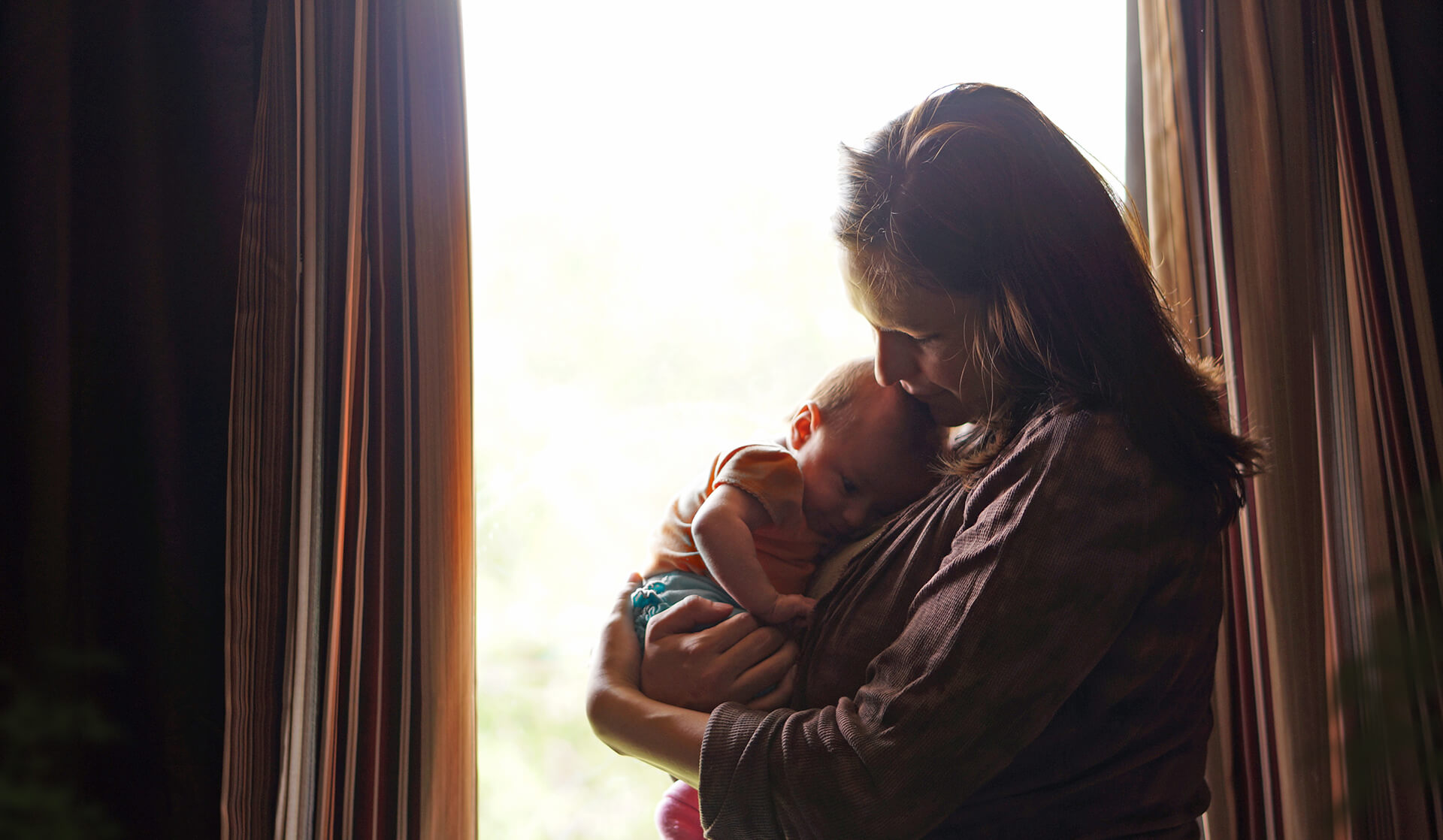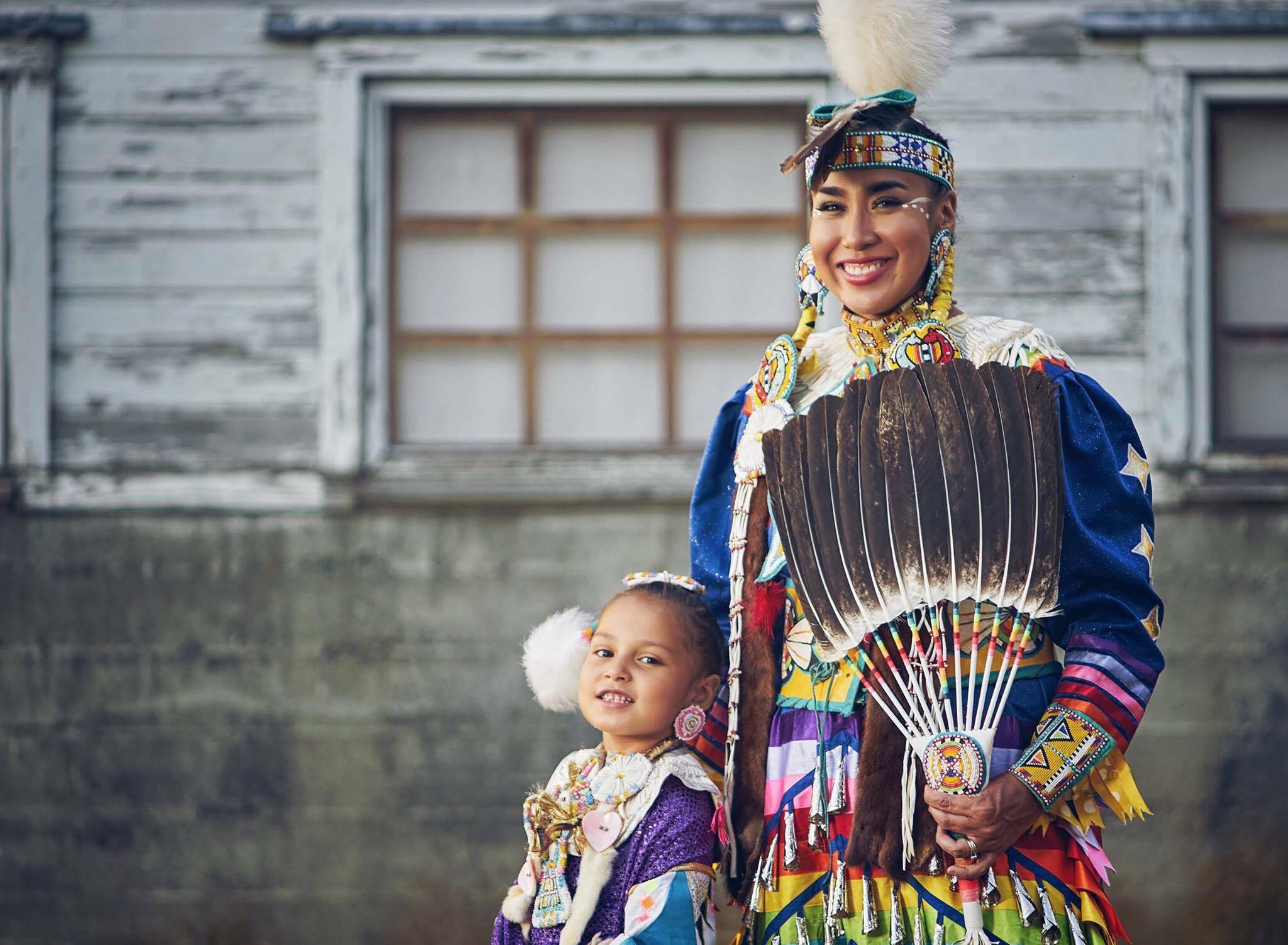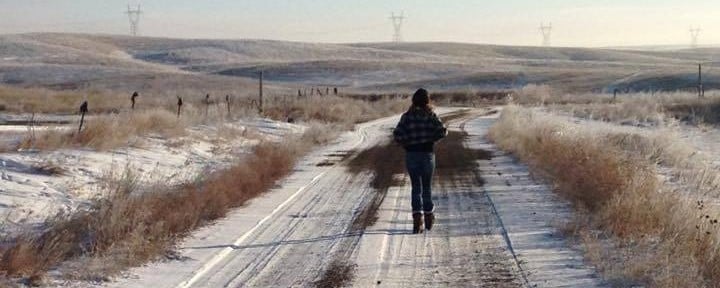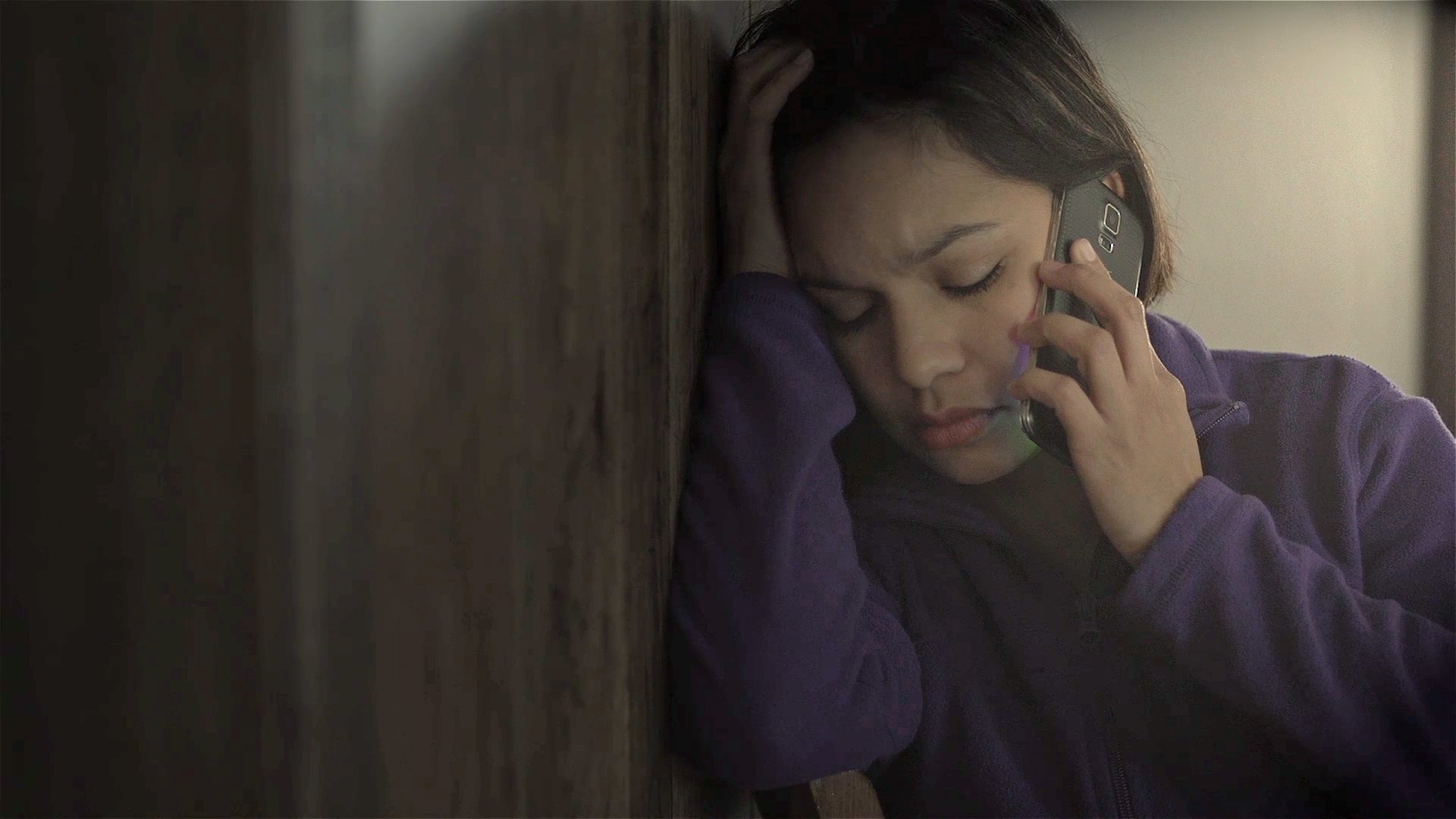Sep 14, 2018 | Native Hope
There are doubts and conversations that play out often in the heads of those who suffer from psychological and emotional wounds.
“Maybe I’m exaggerating. Why do I have to be so dramatic about what happened? I should be able to move past this.”
“It’s not like my childhood was THAT bad, it could have been much worse.”
“What happened was my fault in a lot of ways. I should have been stronger, more careful, less needy, etc. I must have deserved it.”
These kinds of thoughts and many other ones pass through the minds of those who have been hurt by abuse, addiction, trauma, emotional and physical neglect.
These thoughts are lies. They are lies we tell ourselves about our own story. One of the most tragic things we do to ourselves is second guess our own hurts and wounds. In this post, we explore how trauma passes down from generation to generation, why it is so difficult to break free from destructive family patterns, and how you can embrace your story in order to find healing.
All Native Americans Carry the Heavy Weight of Historical Trauma
Dr. Maria Yellow Horse Brave Heart defines historical trauma as “the cumulative emotional and psychological wounding over one’s lifetime and from generation to generation following loss of lives, land and vital aspects of culture.”
It’s no secret that the burden of historical trauma looms large for Native peoples. The poverty, violence, poor health, suicide, unemployment, addiction, and hopelessness in many Native communities are clear symptoms of unresolved grief and pain due to genocide.
But maybe you’ve wondered how you can claim historical trauma? Maybe you beat yourself up for your wounds and patterns of behavior you wish you could change?
We are each responsible for our actions and choices, yes. But it’s important to understand what we are working against and what parts of our lives we did not choose and cannot control in order to live in freedom, peace, and hope.
Epigenetics: How Biology Contributes to Cycles of Trauma
So why is it that the experiences of your parents, your grandparents, your great-grandparents can loom so large in the life you are currently living? How you can live with pain that you didn’t personally experience?
An emerging field of science called epigenetics is exploring the complicated question of how trauma is passed down from generation to generation.

The study of epigenetics—the expression of genes—has shown a growing amount of “evidence at the cellular level that powerful stressful environmental conditions can leave an imprint or “mark” on the epigenome (cellular genetic material) that can be carried into future generations with devastating consequences.”
In other words, the stressors experienced by a mother during pregnancy impact the child who is entirely dependent on her in womb. The way she eats, the way she sleeps, the presence or absence of stress hormones in her system, all these things affect her child. An infant with a stressed mother has more difficulty regulating and managing their own stress reactions later in life. Babies can be born with a predisposition to diabetes, depression, anxiety, PTSD, and addictive behaviors simply because of the environmental factors of the mother’s womb.
As Judy Bluehorse Skelton, Adjunct Professor at Portland State University’s Graduate School of Education, puts it:
“This history lives on in us. There’s that memory, that physical memory that some have talked about. It lives on at a cellular level – a cellular memory.”
The science of epigenetics is simply describing what can happen to a child in the womb. It doesn’t begin to cover the trauma that can be experienced into childhood and adulthood.
Coming to Terms with Your Past and Your People’s History
The point of talking about historical trauma and how it is passed down is not to encourage Native people to feel hopelessness and despair nor to feel like a permanent victim. Quite the opposite.
At Native Hope, we want to encourage people to come to terms with their own stories, their own past. We want you to be able to offer yourself forgiveness and compassion, to understand that much of the difficulty you may face is not your fault.
And now that you know this, you can begin to truly heal and to step into greater freedom, greater hope, greater responsibility to live differently and better than before.
Dr. Maria Brave Heart has expressed it:
“In our view, community healing along with individual and family healing are necessary to thoroughly address historical unresolved grief and its present manifestations. The process is not quick nor is it easy. However, without such a commitment to healing the past, we will not be able to address the resultant trauma and prevent the continuation of such atrocities in the present.”
Live Your Story with Hope and Courage

Today, through fully embracing our stories and our pasts, we can choose to end the cycles of grief and trauma in order to offer a better life for the next generation. We can let go of the bad patterns, let the cycles of abuse and addiction die.
We see so many beautiful examples of strong Native men and women, living in the truth of their stories and finding healing. People like Tiny DeCory, Waylon Pahona, Nikki Lowe, and Jatonne.
We believe that stories have a healing power (and we’ve got science that backs this up).
When you share your story, embracing the pain and joy that is a part of your journey, you offer a powerful witness to others and encourage others to rise up to healing.



COMMENTS